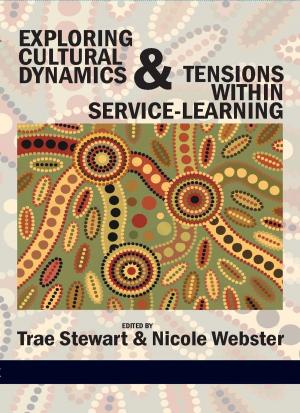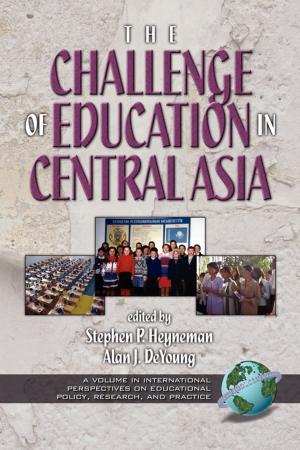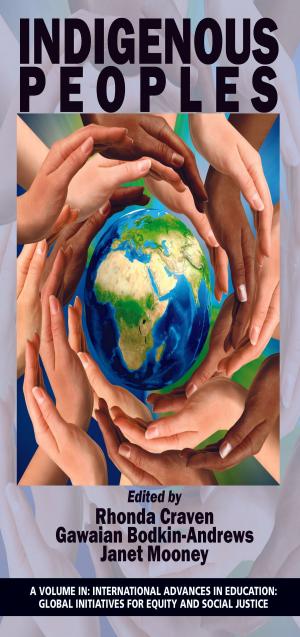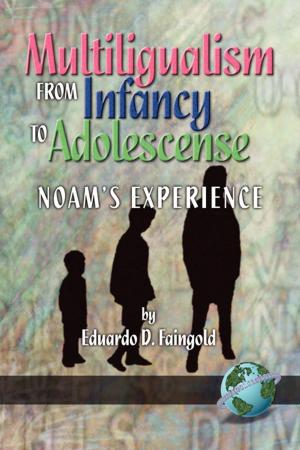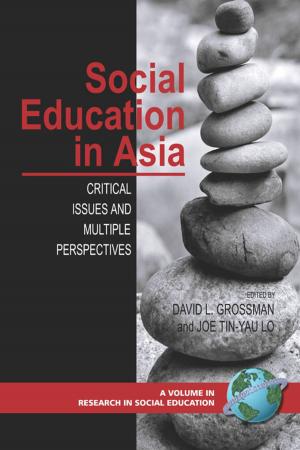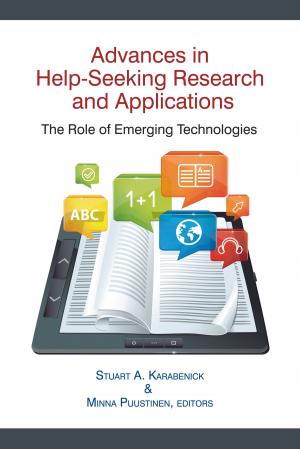Ethics and International Curriculum Work
The Challenges of Culture and Context
Nonfiction, Reference & Language, Education & Teaching, Educational Theory, Curricula, Higher Education| Author: | ISBN: | 9781617358463 | |
| Publisher: | Information Age Publishing | Publication: | August 1, 2012 |
| Imprint: | Information Age Publishing | Language: | English |
| Author: | |
| ISBN: | 9781617358463 |
| Publisher: | Information Age Publishing |
| Publication: | August 1, 2012 |
| Imprint: | Information Age Publishing |
| Language: | English |
The widely cited, though highly contested, idea that “the world is flat” (Friedman, 2004) carries with it a call for education to provide a leveling effect across continents and cultures Students in Skokie or in Skopje, as the theory goes, are expected to experience a school curriculum that shares certain common elements, goals, and purposes. Such a globalized view is not, however, without its complications. This book addresses some of the issues that arise when the transmigration of educational ideas occurs, with a particular eye toward the ethical dilemmas that curriculum workers face in international contexts. The authors who have contributed to this volume explore, through case examples and critical reflection, what happens when ideas that are drawn from one set of cultural norms and experiences is introduced into other cultural contexts. In many cases these are the stories of “donors” and “hosts,” of structured inequities of power and influence, of disparities in material resources, and, as expressed in one of the cases, the dynamics of the “colonizer” and the “colonized.” A recurrent theme concerns the challenges faced by educators working internationally to reconcile their own ethical predispositions toward equity and cultural responsiveness with certain tacit assumptions about the appropriateness or value of curriculum practices brought from the “developed” world for teachers and students in the “developing” world. How these dilemmas are navigated forms the content of this collection of reports from the field written by those who engage in this complex and important work. While the content of this volume is situated at the intersection between the field of curriculum studies and comparative education, it is fundamentally a book about curriculum. Most of the authors come from various disciplinary backgrounds with specializations in curriculum development in content areas such as social studies, geography, or mathematics. As “outsiders looking in” on the field of international education and with thoughtful reflections grounded in practice, the authors provide a new set of insights into the challenges of international curriculum work. Finally, since many of the questions raised by the work included here are ethical in nature, the book begins and ends with analyses that link the practical realities presented in the cases with contemporary philosophical thought. This, then, can be seen as the primary contribution of the book to the educational literature as it offers a careful and wellarticulated synthesis of theory and practice in the field of international curriculum work. This publication would make an important contribution to courses in curriculum theory and practice, comparative and international education, and international development outside of the field of education.
The widely cited, though highly contested, idea that “the world is flat” (Friedman, 2004) carries with it a call for education to provide a leveling effect across continents and cultures Students in Skokie or in Skopje, as the theory goes, are expected to experience a school curriculum that shares certain common elements, goals, and purposes. Such a globalized view is not, however, without its complications. This book addresses some of the issues that arise when the transmigration of educational ideas occurs, with a particular eye toward the ethical dilemmas that curriculum workers face in international contexts. The authors who have contributed to this volume explore, through case examples and critical reflection, what happens when ideas that are drawn from one set of cultural norms and experiences is introduced into other cultural contexts. In many cases these are the stories of “donors” and “hosts,” of structured inequities of power and influence, of disparities in material resources, and, as expressed in one of the cases, the dynamics of the “colonizer” and the “colonized.” A recurrent theme concerns the challenges faced by educators working internationally to reconcile their own ethical predispositions toward equity and cultural responsiveness with certain tacit assumptions about the appropriateness or value of curriculum practices brought from the “developed” world for teachers and students in the “developing” world. How these dilemmas are navigated forms the content of this collection of reports from the field written by those who engage in this complex and important work. While the content of this volume is situated at the intersection between the field of curriculum studies and comparative education, it is fundamentally a book about curriculum. Most of the authors come from various disciplinary backgrounds with specializations in curriculum development in content areas such as social studies, geography, or mathematics. As “outsiders looking in” on the field of international education and with thoughtful reflections grounded in practice, the authors provide a new set of insights into the challenges of international curriculum work. Finally, since many of the questions raised by the work included here are ethical in nature, the book begins and ends with analyses that link the practical realities presented in the cases with contemporary philosophical thought. This, then, can be seen as the primary contribution of the book to the educational literature as it offers a careful and wellarticulated synthesis of theory and practice in the field of international curriculum work. This publication would make an important contribution to courses in curriculum theory and practice, comparative and international education, and international development outside of the field of education.

